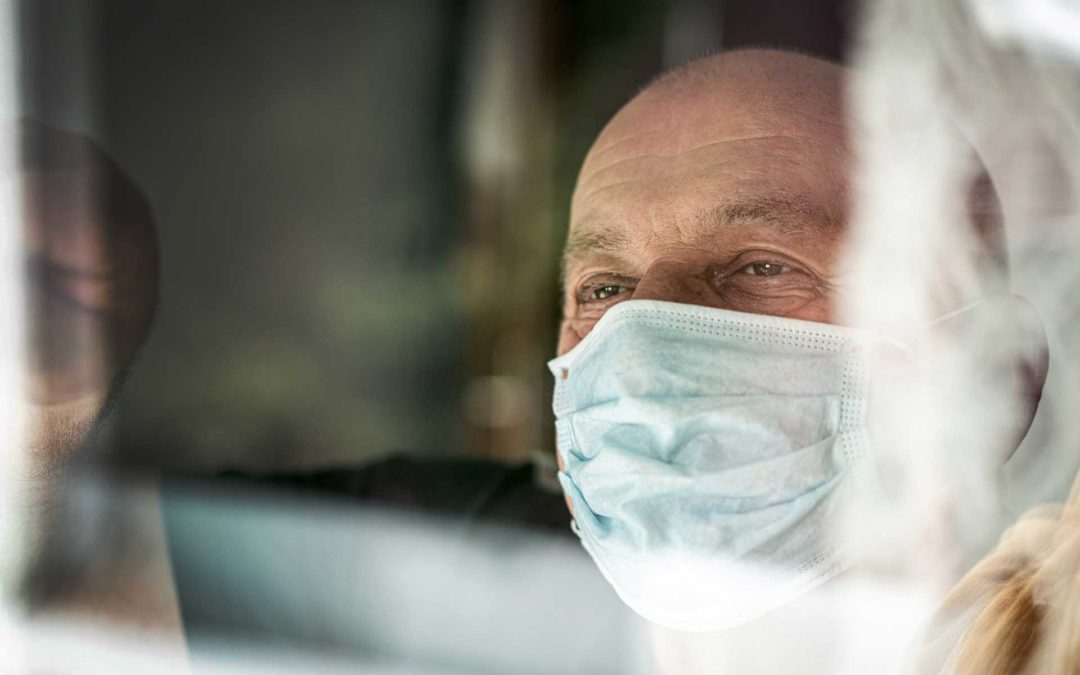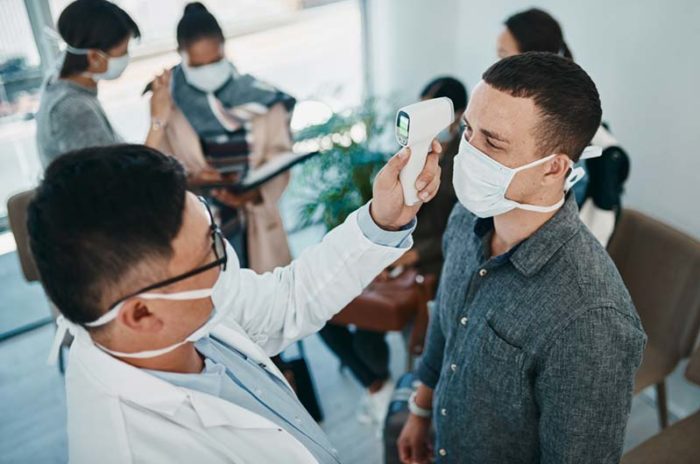
COVID-19 is an acute respiratory illness borne from infection with SARS-CoV-2 – a positive single-stranded RNA virus. The SARS-CoV-2 virus shares structural similarities to SARS and MERS, which cause acute severe respiratory infections. The incubation period for the development of clinical COVID-19 symptoms from the time of initial SARS-CoV-2 viral infection is highly variable, ranging from 2 to 14 days.
While more than 80% of infected patients spontaneously resolve the infection, up to 20% of COVID-19 patients have clinically severe complications which require hospitalization. Progression of the disease to respiratory failure has been common in severely ill patients and is associated with a high risk of death.
*Siddiqi et al The Journal of Heart and Lung Transplantation DOI:10.1016/j.healun. 2020.03.012
*Siddiqi et al The Journal of Heart and Lung Transplantation DOI:10.1016/j.healun. 2020.03.012
*Siddiqi et al The Journal of Heart and Lung Transplantation DOI:10.1016/j.healun. 2020.03.012


While vaccines will play an important role in mitigating the COVID-19 pandemic, we will need treatment options to stay ahead of the virus, and direct-acting antivirals will be an essential complement to vaccines.
Several therapies have been approved or are currently being investigated to treat or prevent COVID-19 infection. Vaccines prevent infection and help to create herd immunity, with the aim of preventing disease and reducing the amount of virus circulating within the community. Even with the approval of vaccines, we anticipate that antivirals will continue to be essential because of the uncertainties around the level of immunity that vaccines will be able to generate and the durability of such immunity.